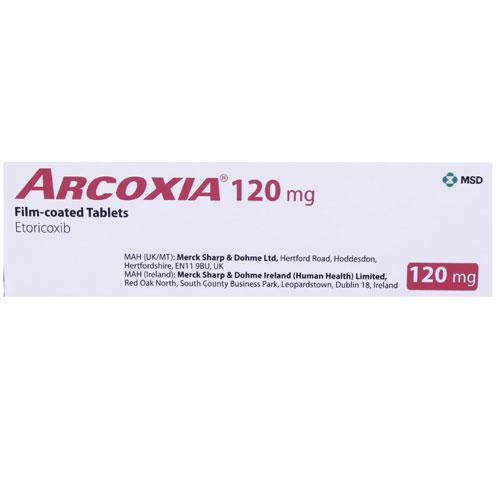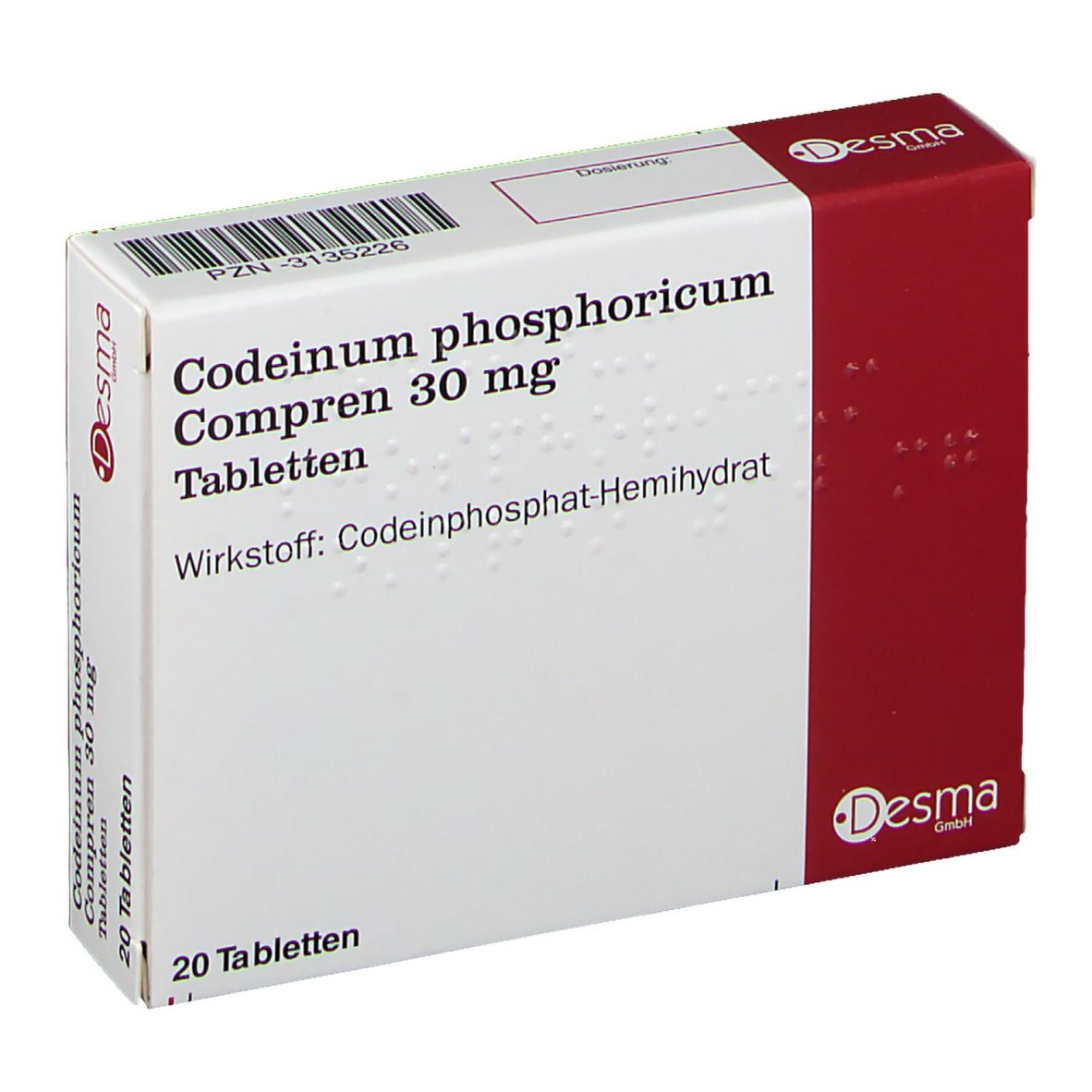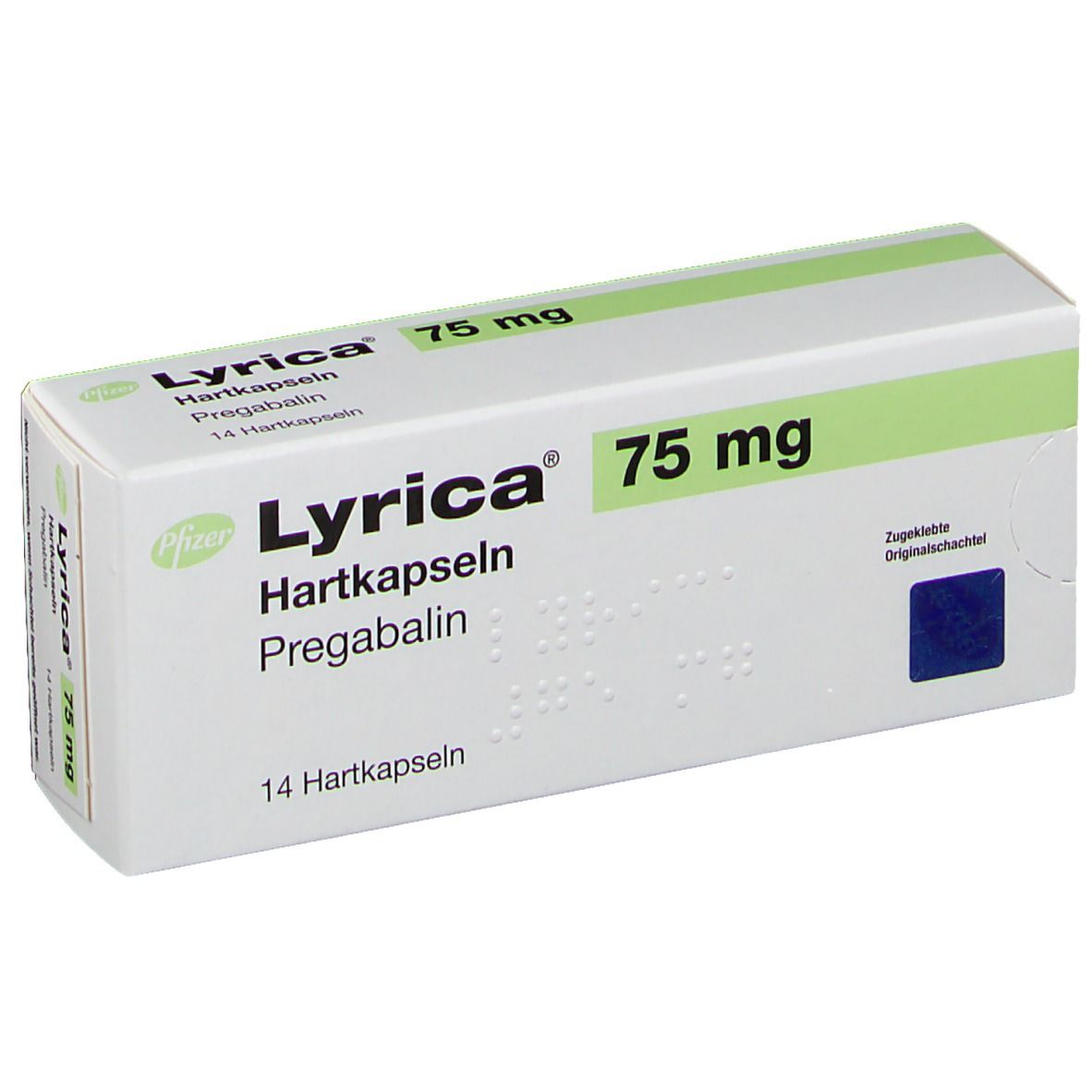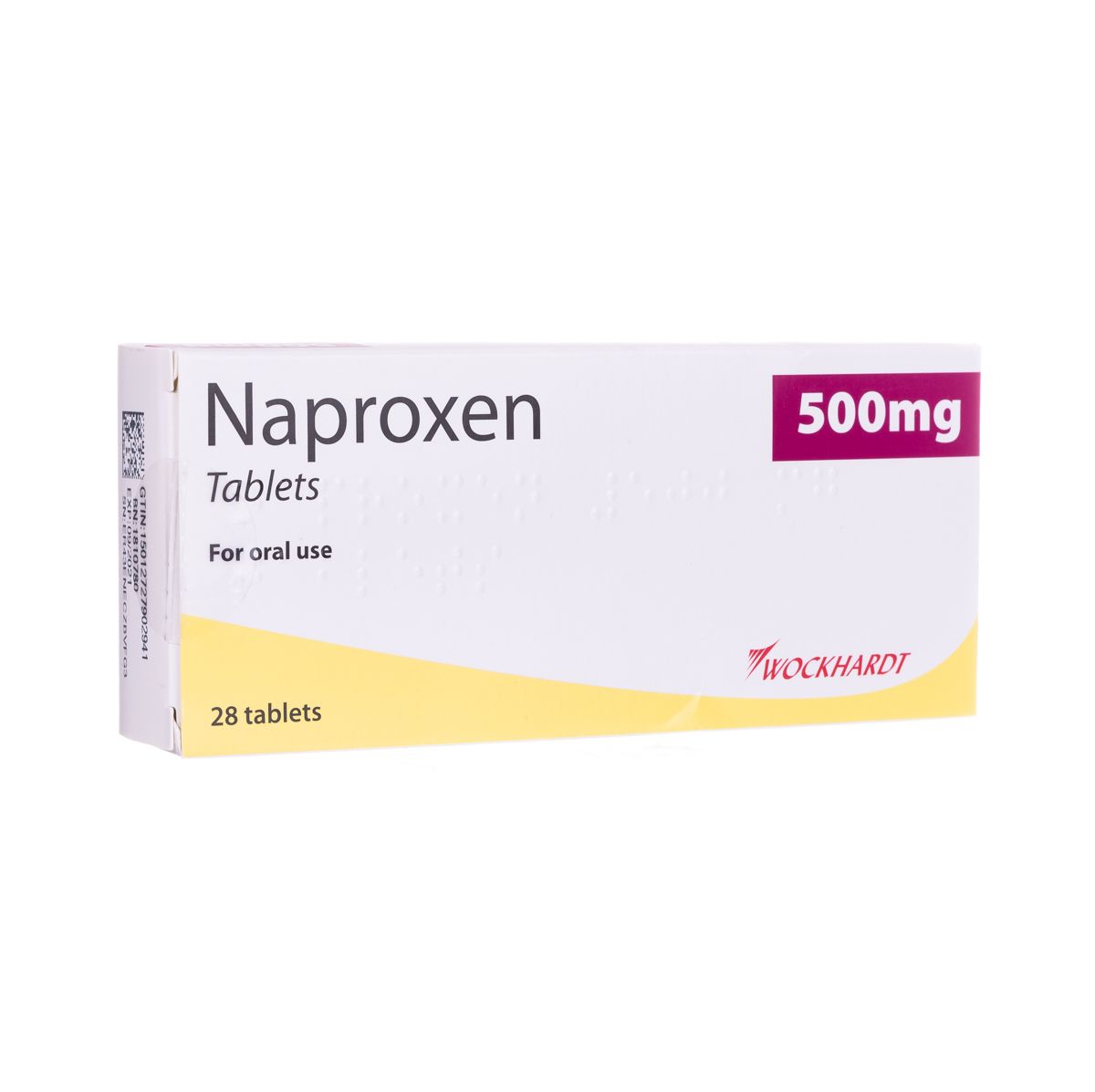PAIN RELIEF
Wat is pijn?
Pain is often very difficult to define, as its often cause of pain is obvious; example, a broken leg, or a bruise. There are also times when the source of the pain is unseen, for example a slipped disc. It is occasionally very difficult to find the exact cause of a person’s pain. Pain relief is often available for the treatment & management of pain where the underlying cause has been established. Identifying the precise cause of an individual's pain can be a complex process, and there are scenarios where the underlying source remains elusive. In such cases, pain relief becomes a crucial aspect of treatment and management, aiming to alleviate discomfort and improve the individual's quality of life. Pain relief measures can encompass a range of approaches, including medications, physical therapy, and other interventions tailored to address specific types of pain. It is essential to recognize that effective pain management may involve a multidisciplinary approach, where healthcare professionals collaborate to understand and address the various aspects of an individual's pain experience. Ultimately, the goal of pain relief is to enhance the well-being of individuals dealing with pain, offering relief and support even when the exact cause of the pain may not be immediately evident. Open communication with healthcare providers is crucial to developing a comprehensive plan that considers both the visible and unseen sources of pain, ensuring that appropriate measures are taken to address and manage this complex aspect of human health.| Pijnstillende tabletten | Pijnstillers EU |
|---|---|
| Pijnstillende tabletten kopen | Pijnstillers kopen EU |
| Pijnstillende tabletten | Pijnstillers EU |
| Pijnbestrijding Online | Pijnbestrijding EU |
| EU Pijnbestrijding Online | Pijnbestrijding Online EU |
| Pijnbestrijdingstabletten Prijs | Pijnbestrijding Prijs EU |
| Pijnbestrijding over de toonbank | Pijnstillers |
Meest voorkomende soorten pijn;
- Rugpijn - in de meeste gevallen wordt rugpijn niet door iets ernstigs veroorzaakt.
- Hoofdpijn - soorten hoofdpijn zijn: migraine, spanningshoofdpijn en clusterhoofdpijn.
- Gewrichtspijn - is het gevolg van schade aan de gewrichten, hetzij door ziekte, hetzij door letsel.
- Periodieke pijn - is het resultaat van spiercontracties van de baarmoeder.
- Spierpijn - ook bekend als myalgie - is vaak het gevolg van te veel stress, spanning of lichamelijke activiteit.
- Tandpijn - kiespijn is meestal het gevolg van het ontsteken van de binnenste laag van de tand.
Welke behandelingen zijn er voor pijn?
Er zijn twee soorten behandelingen tegen pijn, sommige zijn vrij verkrijgbaar en andere zijn alleen op recept verkrijgbaar. Opioïde pijnstillers- Codeïne
- Fentanyl
- Hydrocodone
- Hydromorphone
- Morfine
- Methadon
- Oxycodon
- Meperidine
- Paracetamol
- NSAID's zoals Ibuprofen, Diclofenac, Celecoxib, Mefenamic Acid, Etoricoxib, Indomethacin.
- Gabapentine (Neurontin)
- Pregabaline (Lyrica)
- Carbamazepine (Tegretol)
- Lamotrigine (Lamictal)
- Fenytoïne Valproaat
Antidepressiva voor chronische pijn
- Amitriptyline
- Citalopram
- Fluoxetine
- Paroxetine
- Venlafaxine
- Nortriptyline
- Fluvoxamine
- Duloxetine
Mag ik pijnstillers gebruiken tijdens de zwangerschap?
De enige pijnstiller die veilig kan worden gebruikt tijdens de zwangerschap is paracetamol, het gebruik van andere medicijnen tijdens de zwangerschap wordt afgeraden.
However, it is crucial for pregnant individuals to consult with their healthcare provider before taking any medications, including Paracetamol. Healthcare professionals can provide personalized guidance based on individual health conditions and the specific circumstances of the pregnancy. Other pain relief medications, especially those containing nonsteroidal anti-inflammatory drugs (NSAIDs) such as ibuprofen, are generally advised against during pregnancy, particularly in the later stages. NSAIDs may carry a risk of complications, and their use should be discussed with a healthcare provider. In summary, Paracetamol is often considered a safer option for pain relief during pregnancy, but it is essential to seek guidance from a healthcare professional before taking any medication to ensure the well-being of both the pregnant individual and the developing fetus.











